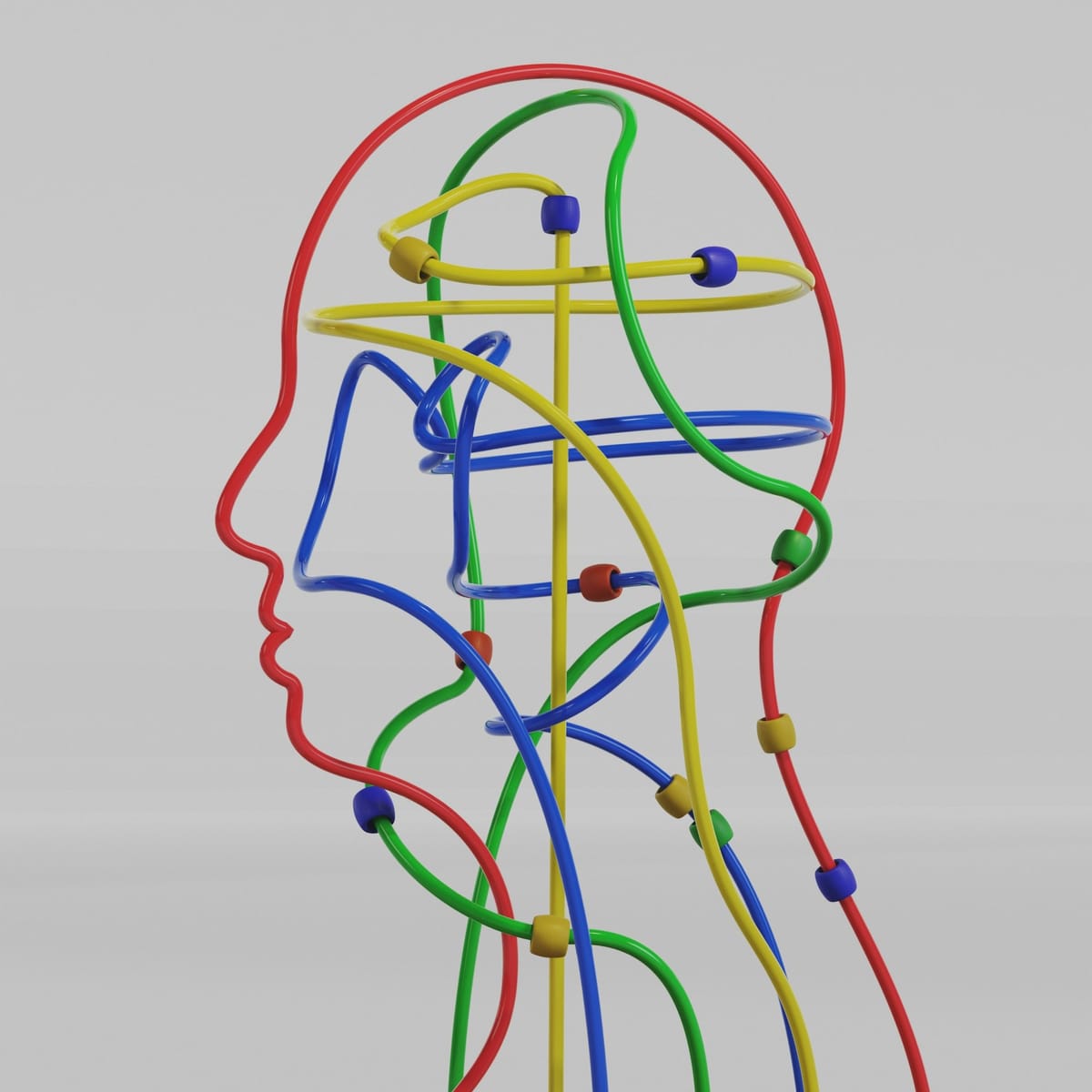How AI Is Changing Mental Health Care: My Thoughts and Observations
The potential is fascinating, and the questions it raises are equally thought-provoking.

The intersection of technology and mental health has always intrigued me, especially as I’ve worked on Nafseeti, a platform dedicated to providing credible information about mental health in Arabic. While Nafseeti focuses on raising awareness and combating stigma, I’ve found myself drawn to the ways artificial intelligence (AI) is reshaping mental health care globally. The potential is fascinating, and the questions it raises are equally thought-provoking.
This isn’t an attempt to present definitive answers but rather a reflection on what I’ve observed and learned so far.
AI’s Role in Mental Health: A Growing Frontier
When I first started reading about AI in mental health, I was struck by the range of applications already in use. From chatbots offering emotional support to algorithms analyzing behavioral data for early detection of mental health conditions, AI seems to be filling gaps in access and support.
One example that stood out to me is Woebot, an AI-powered chatbot providing cognitive-behavioral therapy (CBT) techniques. It’s not a replacement for a therapist, but it offers immediate, 24/7 support—something that’s invaluable in areas where mental health services are scarce. Similarly, apps like Wysa and Youper show how AI can provide personalized mental health exercises, helping people manage stress and anxiety on their own terms.
For me, these tools highlight how technology can make mental health support more accessible, especially for underserved communities. It’s a step toward democratizing care, and that’s exciting.
Opportunities AI Brings to Mental Health Care
1. Accessibility and Reach
One of the most promising aspects of AI is its ability to provide support where human resources are limited. In many parts of the Arab world, for instance, mental health professionals are few and far between. Tools like chatbots or virtual assistants could act as first-line support, offering guidance while also encouraging people to seek professional help when needed.
2. Early Detection
I’ve come across studies showing how AI can analyze speech patterns, facial expressions, and even social media activity to identify signs of depression, anxiety, or other mental health conditions. It’s fascinating—and a little unsettling. While the technology is far from perfect, the potential for early intervention is significant.
3. Reducing Stigma
Something I’ve always been passionate about through Nafseeti is reducing the stigma around mental health. AI tools, being non-judgmental and private, can offer a way for people to explore their feelings and seek help without fear of judgment. For some, this might be the first step toward addressing their mental health.
Challenges and Ethical Questions
While the possibilities are exciting, I can’t help but think about the challenges and ethical dilemmas AI brings to mental health care. For instance:
- Privacy and Data Security: AI often relies on sensitive personal data to function effectively. How do we ensure this information is protected?
- Bias in Algorithms: If the data used to train AI is biased, the outputs will be too. This could lead to misdiagnosis or a lack of cultural sensitivity—a critical issue when working with diverse populations.
- The Human Element: AI can offer tools and support, but it can’t replace the empathy and nuance of human connection. How do we strike the right balance between technology and human care?
These are questions I find myself reflecting on often. While I’m optimistic about the potential of AI, I think we need to proceed with caution and a strong ethical framework.
Where Do We Go From Here?
Working on Nafseeti has taught me the importance of small, meaningful steps toward progress. I see AI in mental health care in the same light—it’s not about finding a single solution but about exploring ways technology can complement existing approaches. For example, pairing AI tools with human therapists or integrating AI-driven insights into public health initiatives.
I’m still learning about this field, and the more I read and observe, the more questions I have. But that’s part of the journey, isn’t it? Technology is moving quickly, and mental health care is evolving with it. For now, I’m focusing on staying curious and open to where these developments might lead.
Final Thoughts
AI has the potential to transform mental health care, but it’s not a magic fix. It’s a tool—one that needs to be used thoughtfully and in conjunction with human care. As someone who is still exploring this space, I find it exciting to imagine the possibilities while staying mindful of the challenges.
I’d love to hear your thoughts on this. Have you come across any AI tools for mental health? What excites or concerns you about this shift? Let’s keep the conversation going and see what we can learn together.




